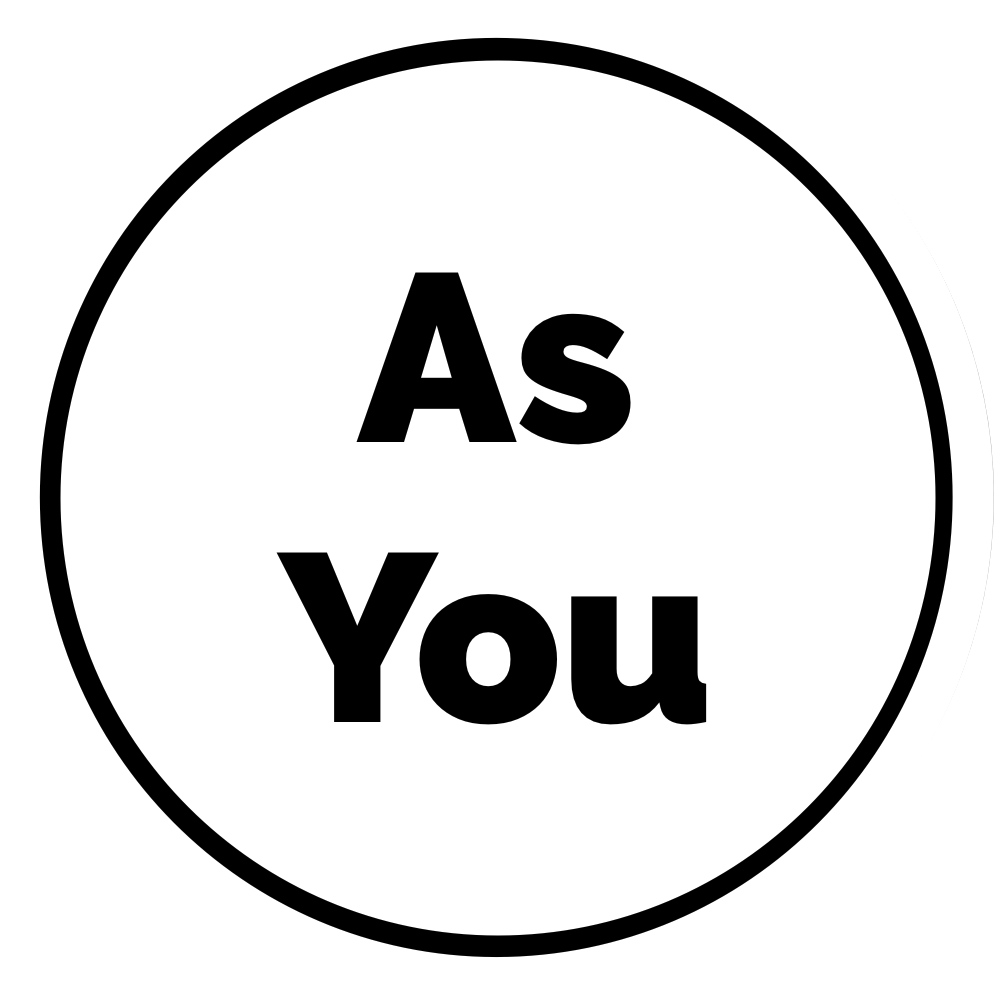Helping Ethnically Diverse Staff Thrive
Did you know ethnically diverse staff face different challenges than the majority in the workplace and are less likely to let their voices be heard?
As an ethnically diverse person myself, I can relate to the challenges faced by people of colour in the workplace. You might have heard of some of these already but this time I want you to engage this content from a place of empathy - Imagine if you were in the same situation, how would you have felt.
Because it is from this place of empathy and understanding that we relate to and connect with one another and that we have a personal impetus to make the world a more equitable place.
Common challenges faced by ethnically diverse staff
Challenge 1: Pressure to conform
One of the top challenges faced by ethnically diverse staff is the pressure to conform. This is the pressure to be like the majority, whether that is in our behaviours, looks or interests.
We assimilate because we think that is what it takes to survive and succeed. We devalue cultural backgrounds because we think it is irrelevant or simply not valued in the workplace. Therefore, a number of us would deny or hide our heritage on a daily basis.
This is in stark contrast to the “bring your whole self to work” movement and we all know about the productivity, innovation and motivation gains from being able to be our authentic selves with each other at work.
Challenge 2: Lack of Role Modelling
Another challenge is the lack of role modelling. We find it hard to have role models that look and sound like us because we are seldomly represented at the top. This in turn makes us question is it even possible to make it to the top, “What makes me different than others who have failed on their way?”. This results in a lot of us not putting our hands up on things or imposing our own glass ceiling.
Challenge 3: Being stereotyped
On top of the self-doubt, there is also the challenge of being stereotyped or typecast into certain roles. This impacts on how we are being perceived and the amount of opportunities we have access to. This is unconscious bias that exist amongst all of us and organisations, if not aware and deliberate, will also have workplace norms that would tend to reward a certain type of employees. So being in a minority group often reduces the chance of being recognised or promoted.
All these factors contribute to a slower rate of progression for ethnically diverse staff, and therefore we have the persistent low rate of representation at the leadership and boardroom tables today.
You as an ally :)
I know the field of diversity, equity and inclusion is big. It can also be confusing or very overwhelming with all the advice or best practices out there. It can feel like a minefield where you are scared to take the next step. I am here to say no one is going to get it right all the time, we are all learning together and that what I am most grateful for is that you are here reading this because it shows you are curious and engaged and we do need your help!
Tip 1: Acknowledge different lived experiences
The first thing you can do as an ally is to acknowledge that ethnically diverse staff face different challenges than the majority of your staff. Not everyone has the same lived experience of the workplace. So be curious to ask what those differences are and tap into your empathy in those moments.
For example next time when someone is telling you a particular time that they got shut down in a meeting, instead of saying "you are just overthinking it because I don't experience it myself." change it to, "oh wow, that really sucks. Are you okay? Is there anything I or others can do to help you prevent this from happening again?"
Tip 2: Help build an inclusive culture
Now that you understand that we experience the workplace differently, you are more likely to be able to spot situations where ethnically diverse people are excluded. This is when you can use your power as an ally to speak up, to ask for more inclusion.
Research shows that when minority groups speak up about their challenges, they are more likely to be penalised and not heard, so we need your help to advocate as you are in the majority and are trusted by the majority, they will be more likely to listen to you.
I know this might not be exactly what you are looking on DE&I because I am not here to tell you that unconscious bias training is your first step or the absolute silver bullet because it is not. What I am here to say is that building an inclusive culture requires the desire and efforts from everyone and it is in this way that we will have a more equitable, innovative and productive world.
Check out my events on DE&I coming up here.
